There's a lot of information out there about how COVID-19 will influence design in the near future. While most of us are familiar with the temporary phase one and phase two solutions, the concern lies with some of the long-term 'solutions' being thrown around. In our third installment of our Design Thinking blog, we look closer at how design can impact behavioral health in our workplaces, and how we should strive to find a balance between comfort and safety for our employees.
As we begin emerging from our quarantined WFH cocoons, we have to ask ourselves, 'Why go back to the office in the first place?' Many of us have recently discovered that we can be pretty productive at home and of course, we feel safest there, too.
As designers, we study how people interact with their surroundings and strive to create inspiring spaces and environments that can best support the use of space. In planning for a return to the workplace, we need to prepare for the potential of higher stress levels and anxiety about being in our work environments. By shifting our focus to wellness and the importance of collaboration and social interaction, we can also provide a place for individuals to retreat and recharge.
Incorporating the Comforts of Home
What the typical office setting may be missing are some of the creature comforts of home. Enter the retreat space. By designing a relaxing retreat space that mimics the comforts of home, benefits will be two-fold. These retreats could be used as a mother's room, while also being made available as a quiet place for employees to decompress, meditate, practice yoga, or even just take a private call.

One of the most beneficial influences on health and wellbeing in the built environment is access to daylight, views, and fresh air. Where feasible, providing accessibility to a variety of outdoor workspaces could serve as our new 'work patio'.
Overcorrecting: A Cautionary Tale
Caution must be heeded so that as a society, we do not make reactionary design decisions because by overcorrecting to solve one issue, it might only breed new problems. Most of all, we can't lose focus on the environment and how the current bandwagon fixes could increase our carbon footprint and lead to more waste in the long run.
Recent news segments have suggested that to preserve social distancing guidelines and get employees back in the office, we should go back to taller cubicles and private offices. But at what cost? For starters, this knee-jerk reaction could create a sense of isolation, block views to the outdoors, and the loss of the very community that we're all starving for post-pandemic. We must not fall back on regressive solutions but instead look for ways to make our workplaces better, healthier, more adaptive, and resilient.

Benefits of a Safe, Adaptive Workspace
One of the things we miss the most working remotely is the organic person to person collaboration that takes place naturally throughout the workday. A few other benefits that await us back in our office workspaces include:
' A strong sense of community, culture, and the fostering of social cohesion can help to reduce stress levels
' Proximity to learning and mentorship
' Resources
' Amenities not available at home (faster internet connections, more space to work, etc.)
But the question now becomes, how do we shift back to our workspaces safely?
Striking a Balance
The ultimate goal will be to strike a balance between having a place where we feel comfortable while having a sense of control and knowing that we are safe, productive, and happy.
Personally, I miss the camaraderie of my teammates and coworkers, but it's going to be hard to want to go back, we can't bust out a few push-ups and a plank whenever we feel like, or take the dog for a walk in the middle of the day. The hope is to come out of this with a healthier WFH/WFW balance.
Now is the time to partner with our Interior Designers, Architects, and Engineers to provide holistic design solutions that create comfortable, safe, clean, and inspiring spaces for people to come back to.
Contact Alicia Wilgus, ASID, NCIDQ, ASBALAID today to learn more about how we can help you!


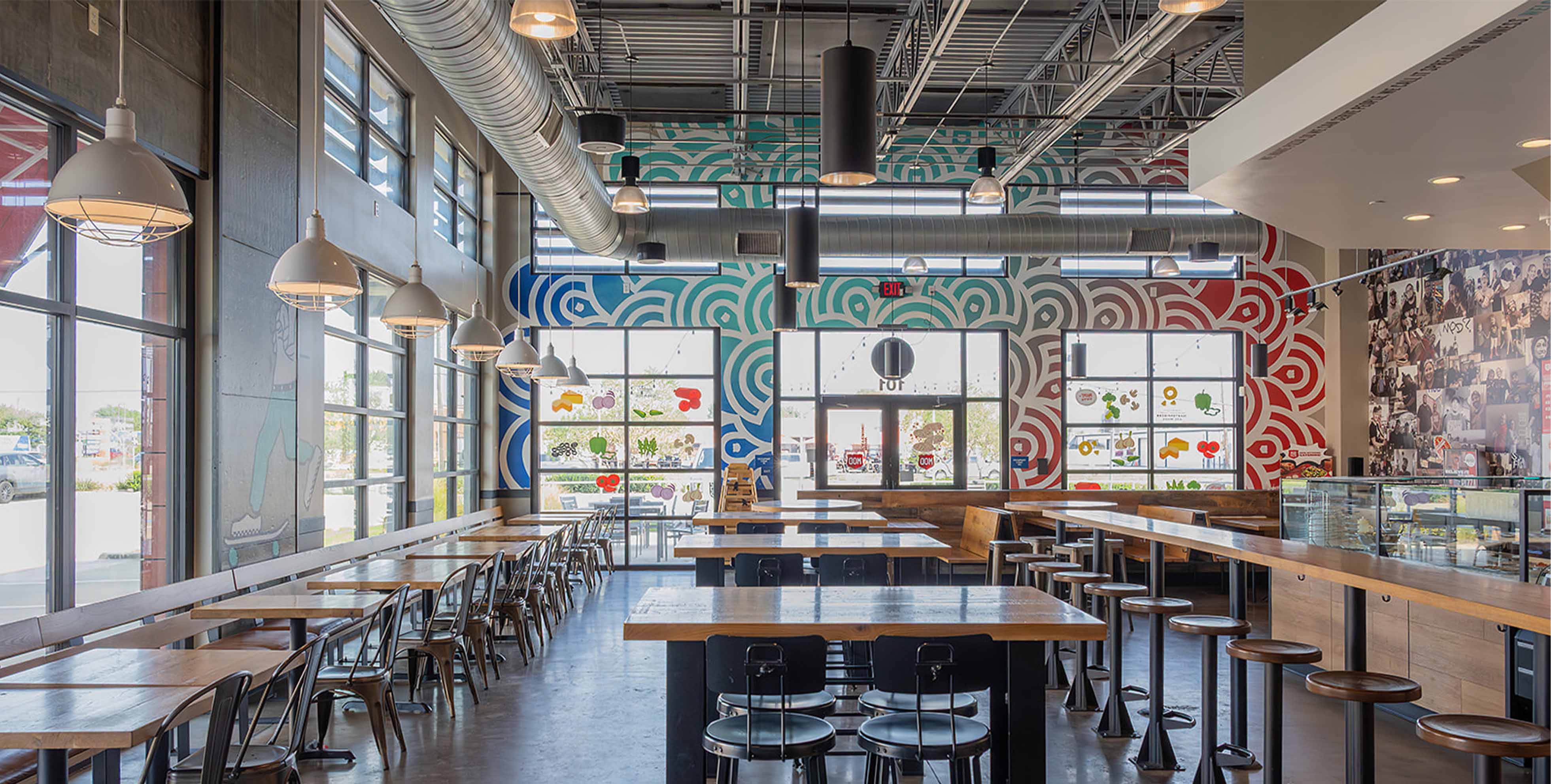
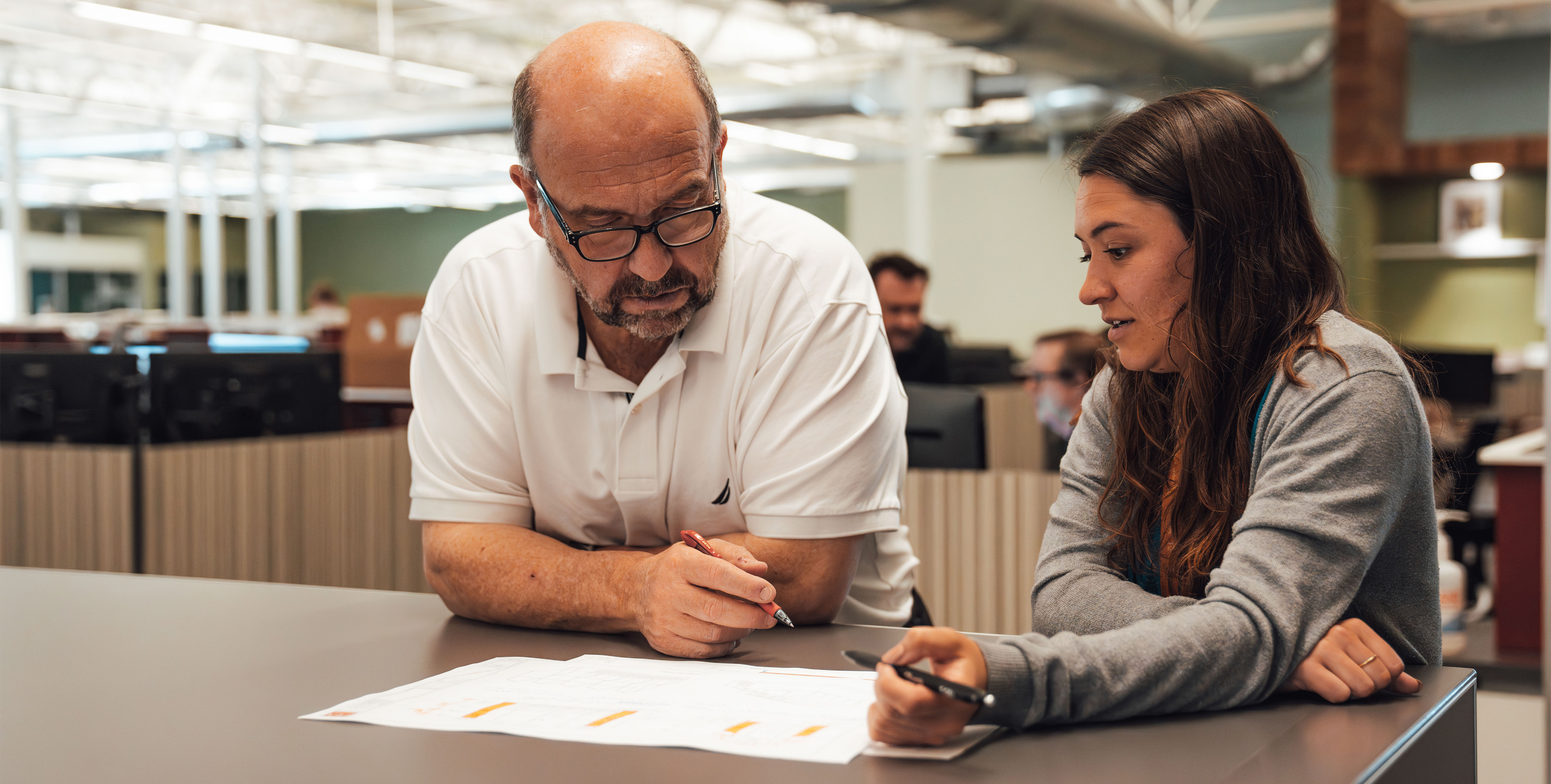
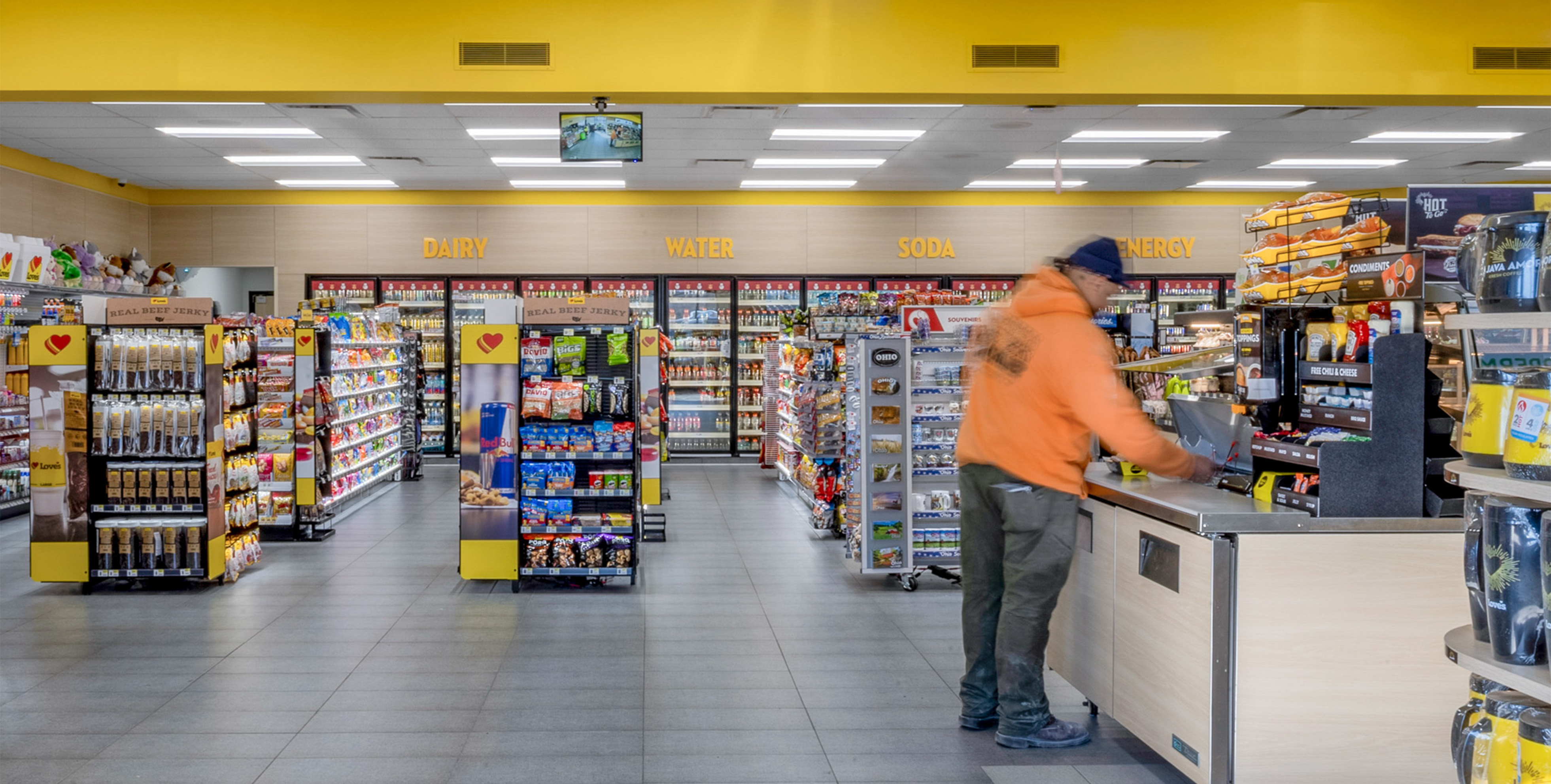
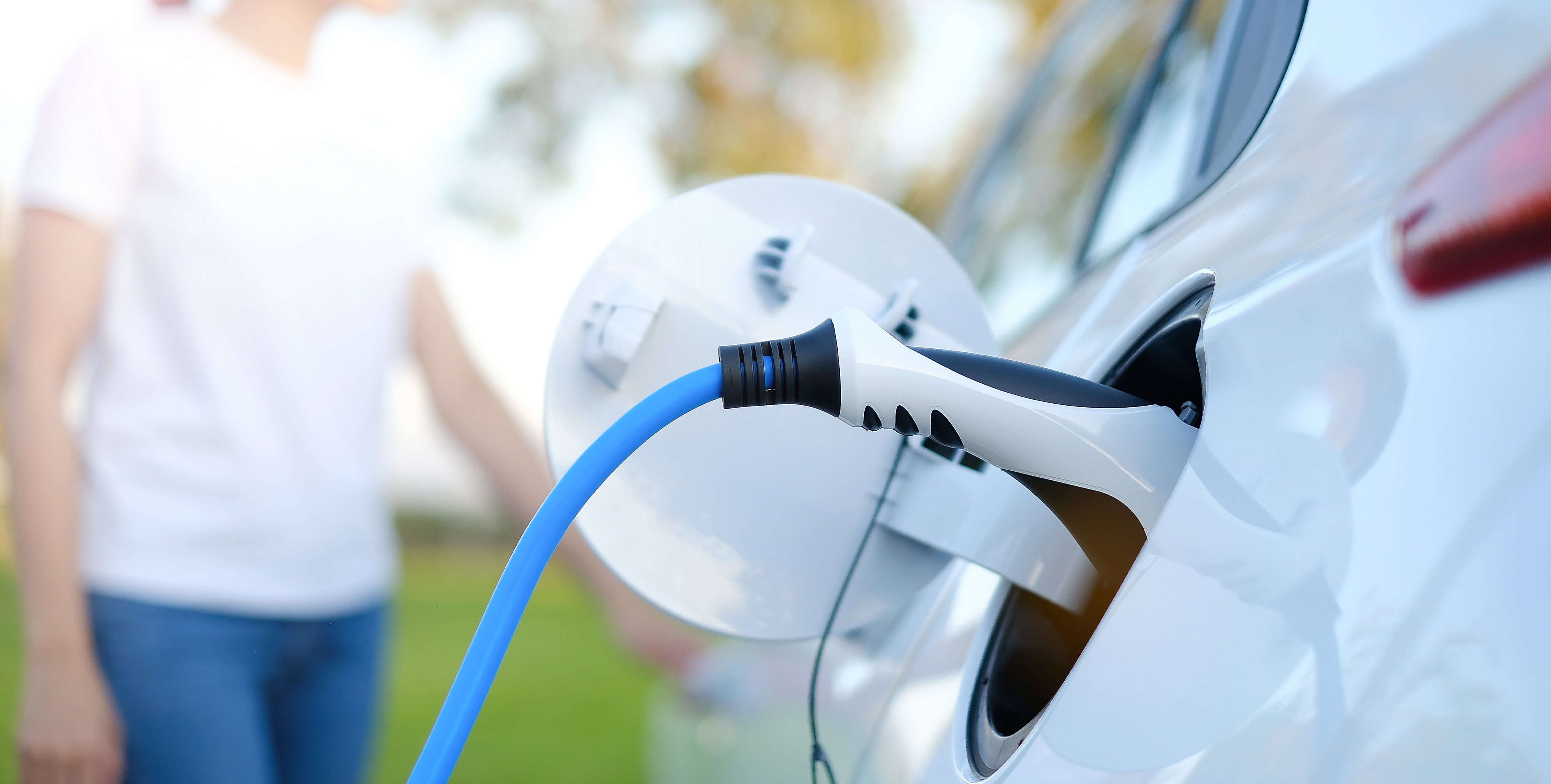



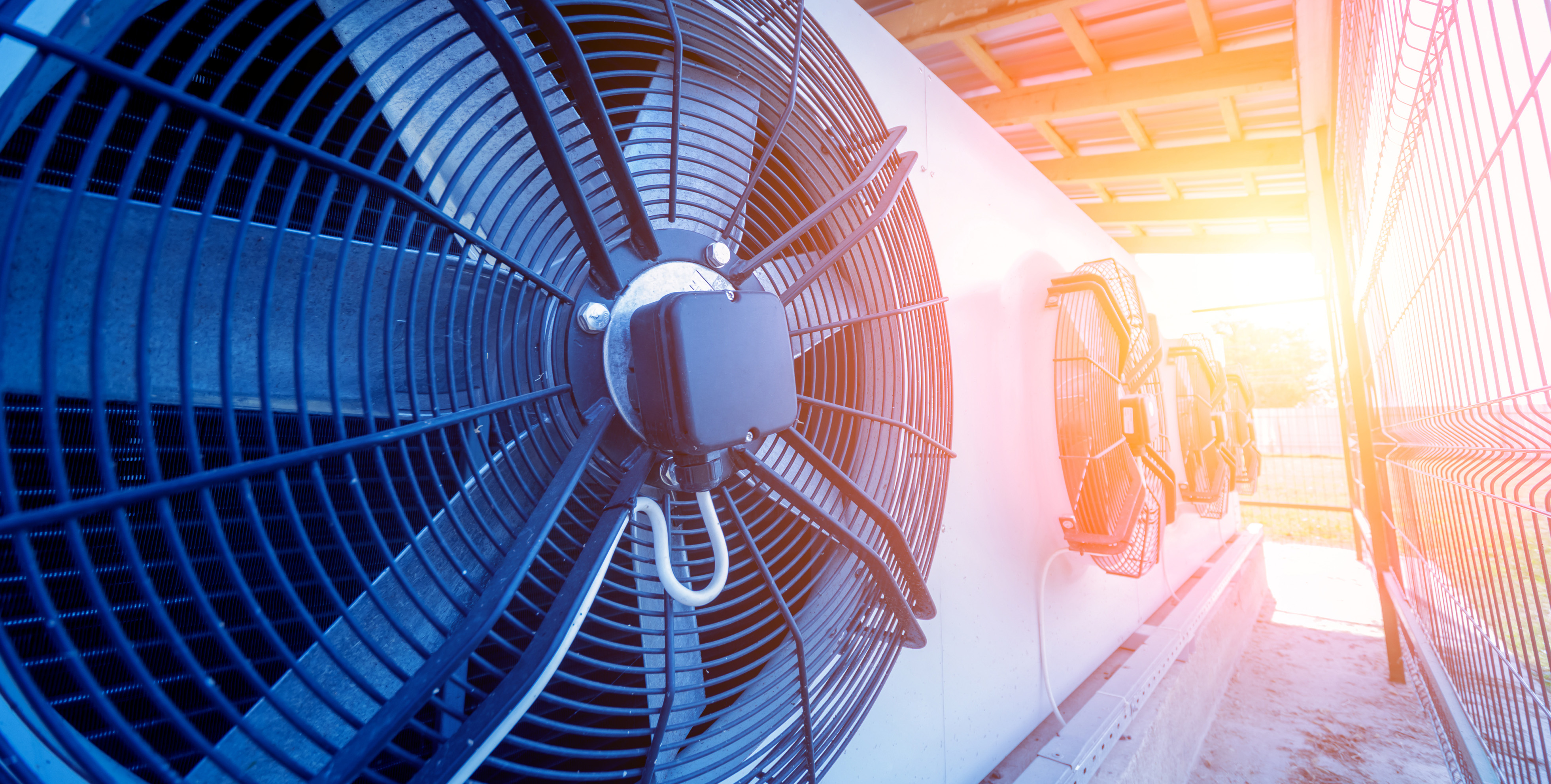
.jpeg)
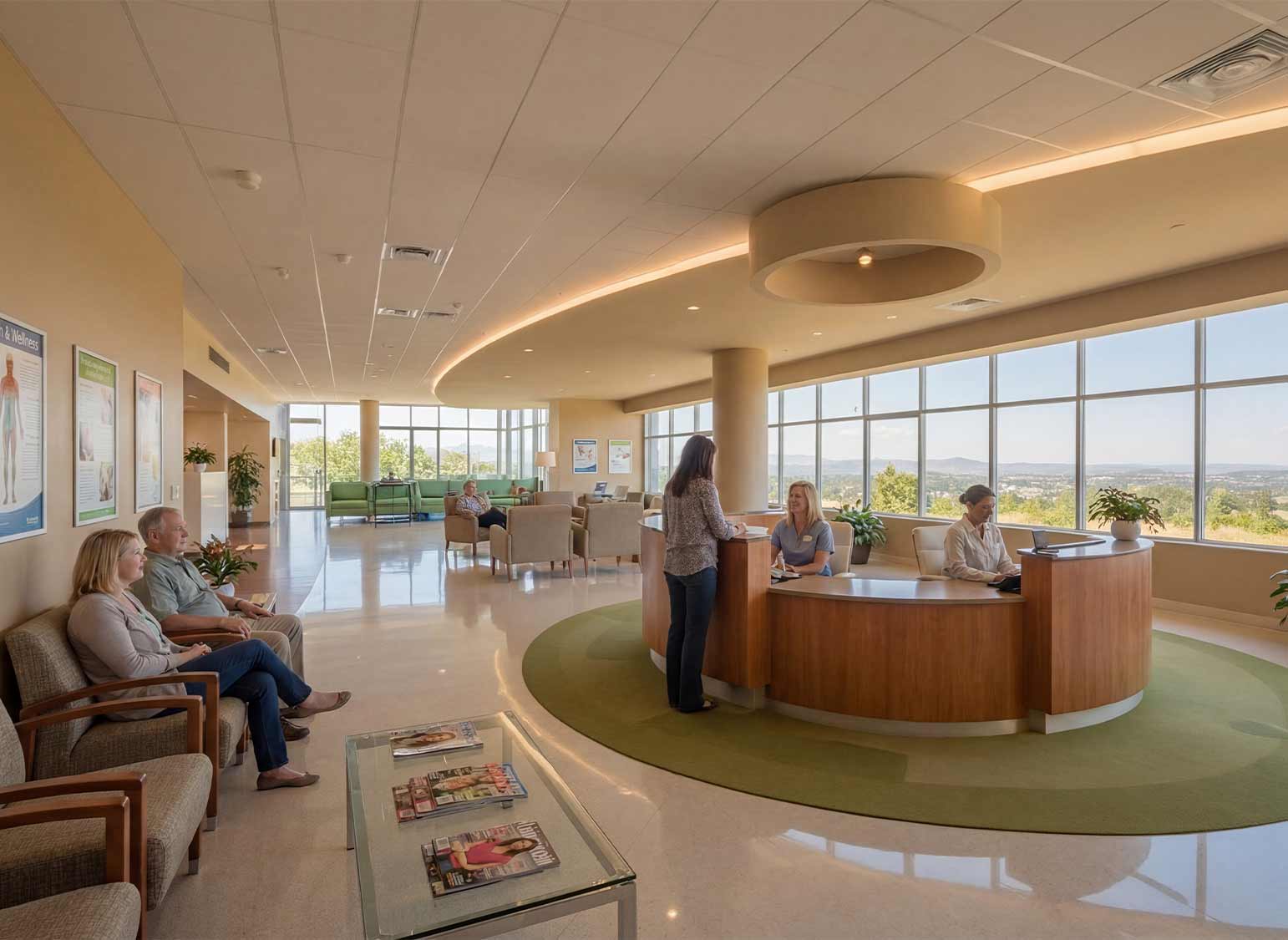
.jpeg)



